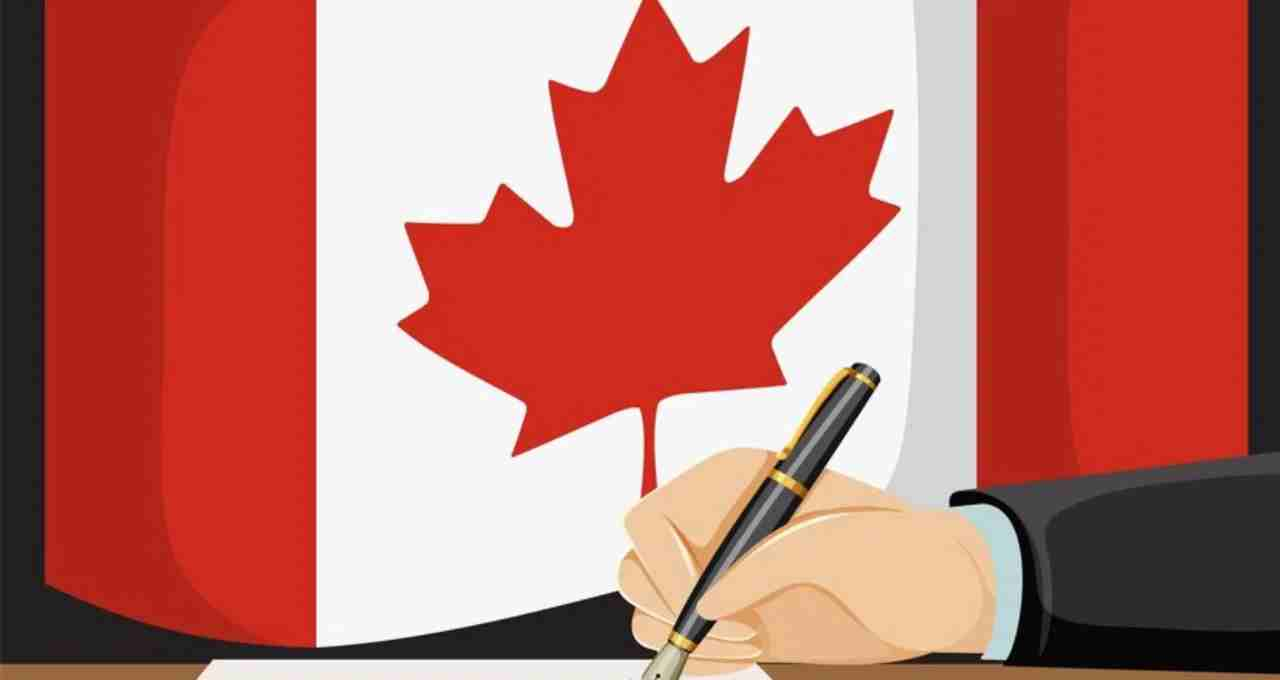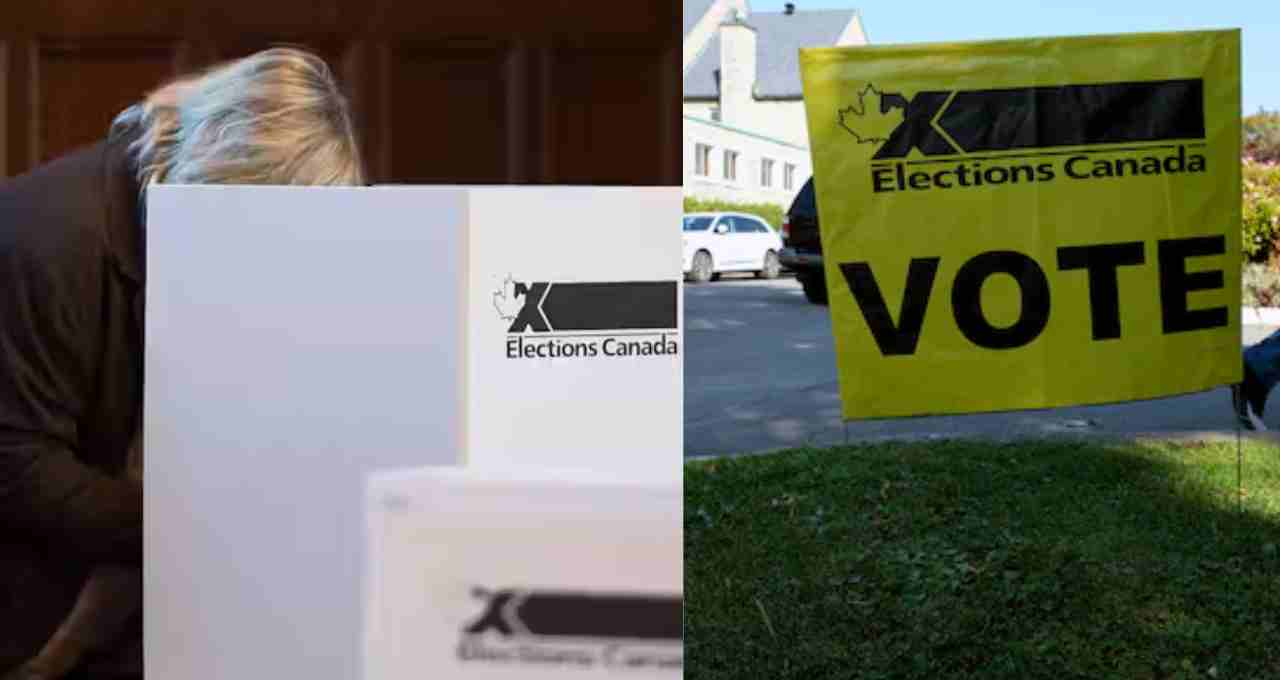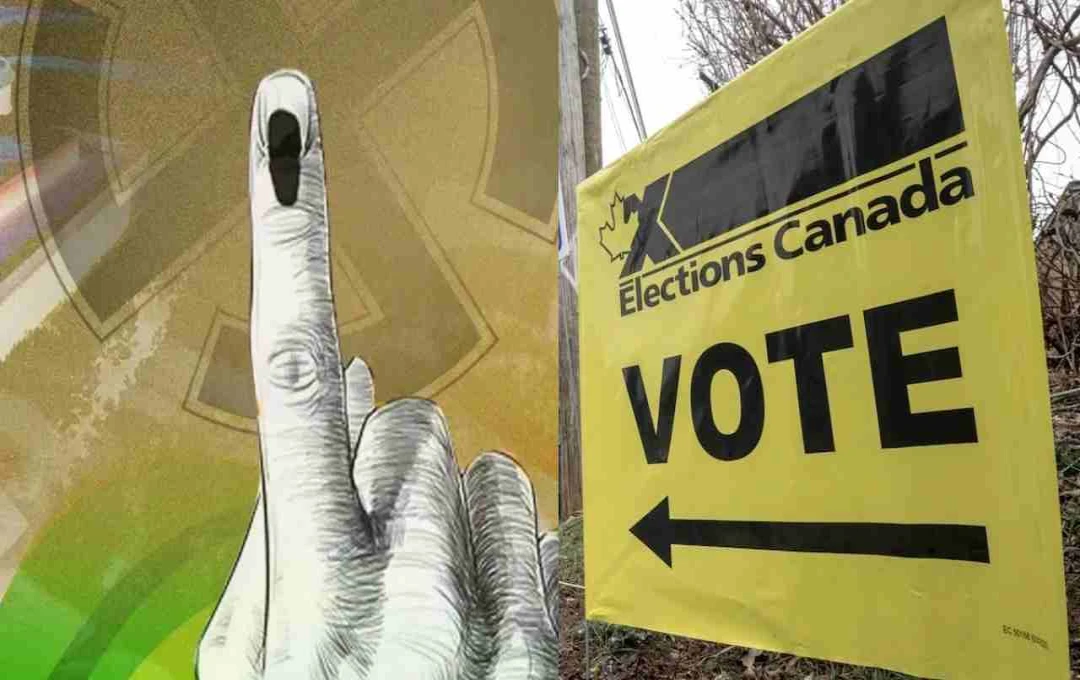Canadian voters are heading to the polls on Monday for a parliamentary election. The election is expected to be a close contest between Liberal Party Prime Minister Marc Carney and Conservative leader Pierre Poilievre.
Ottawa: Canada stands at a significant political crossroads. Monday's nationwide parliamentary election could dramatically reshape the country's power dynamics. The race between incumbent Prime Minister and Liberal Party leader Marc Carney, and Conservative Party leader Pierre Poilievre, has become incredibly close and captivating.
This election is dominated not only by domestic issues but also by the deteriorating relationship with the United States and the policies of President Donald Trump, which have emerged as major campaign issues.
Record-Breaking Advance Voting
Advance voting before the election has made history. Over 7.3 million voters cast their ballots at advance polling stations open from April 18th to 21st. On the first day alone, nearly 2 million Canadian citizens voted, setting a new record. According to Elections Canada, this is the highest advance voter turnout ever recorded, reflecting the voters' seriousness and desire for change.
Increased Participation in Mail-in Voting
Mail-in voting, or the "special ballot" process, has also gained momentum. Over 750,000 Canadian citizens have already returned their mail-in ballots, surpassing the 2021 figures. The election commission reported that enthusiasm for online and mail-in voting exceeded expectations, making the voting process more inclusive and convenient.

The Influence of the United States on Election Issues
The policies of U.S. President Donald Trump, particularly the trade war and tariffs imposed on Canada, are deeply felt in this election. Trump's comments about making Canada the 51st state have fueled a wave of nationalism in Canada. Former Quebec Premier Jean Charest has described this election as "a fight against Trump's influence." The Liberal Party, capitalizing on nationalist sentiment, has positioned itself as a b alternative capable of protecting Canada's interests without succumbing to pressure from Trump.
Carney vs. Poilievre: A Clash of Ideologies
Prime Minister Marc Carney, seen as a symbol of stability and liberalism, is campaigning with a focus on the economy and international relations. Pierre Poilievre, on the other hand, advocating for smaller government, tax cuts, and traditional values, is carrying a message of 'change' to the general public. According to poll analysts, Carney holds an edge in urban areas, while Poilievre maintains a b grip on rural areas and smaller towns.
Fluctuating Polls
Initial polls in January showed the Conservative Party with a significant lead. However, the Liberal Party made a comeback in February and March, bringing the race to a near tie. Recently, however, Poilievre's popularity has seen a resurgence. This uncertain atmosphere has made the election results even more exciting.

Extensive Preparations for Voting
Elections Canada has made several arrangements to make voting easier and more accessible. Extra polling booths, improved online information, and special assistance programs have been implemented to prevent long queues for voters. This is the first full-scale election since COVID-19, so health and safety measures remain fully in place.
The election results will have far-reaching consequences not only on domestic policy but also on Canada-U.S. relations, global trade agreements, and the climate change agenda. A change in government could lead to significant shifts in Canada's foreign policy. Conversely, a Liberal victory would be seen as a b message against Trump.













